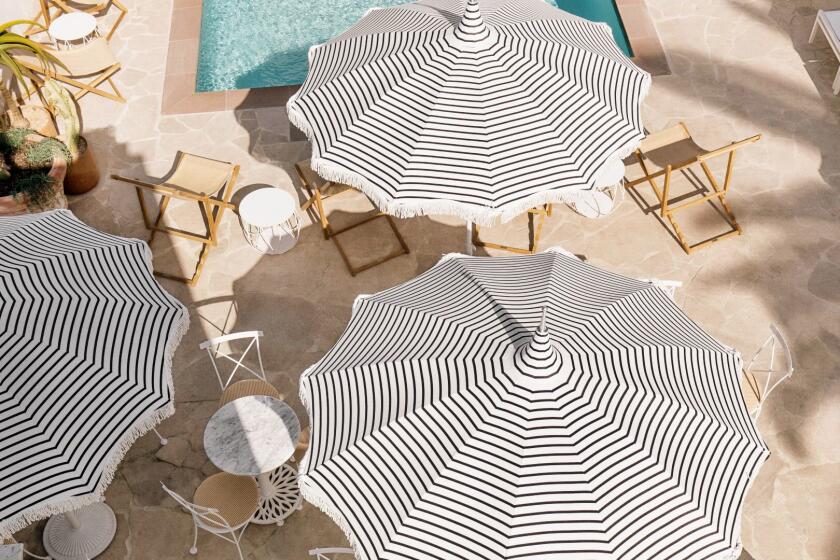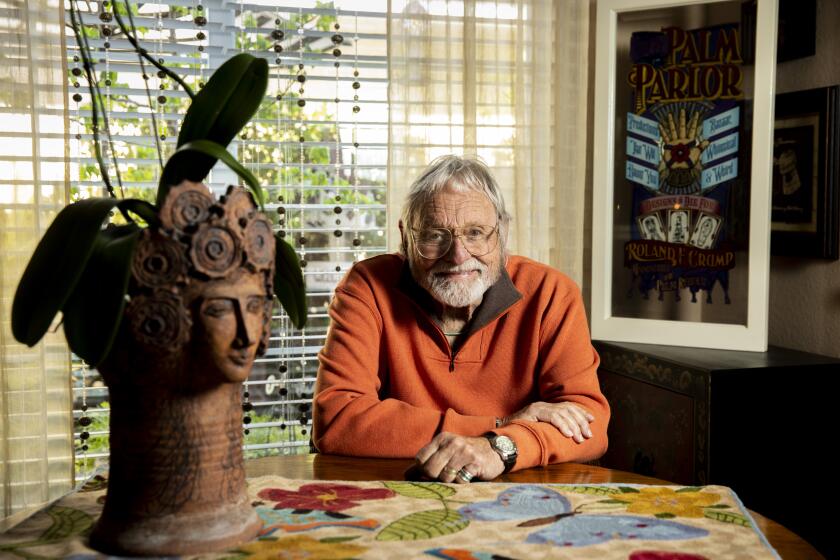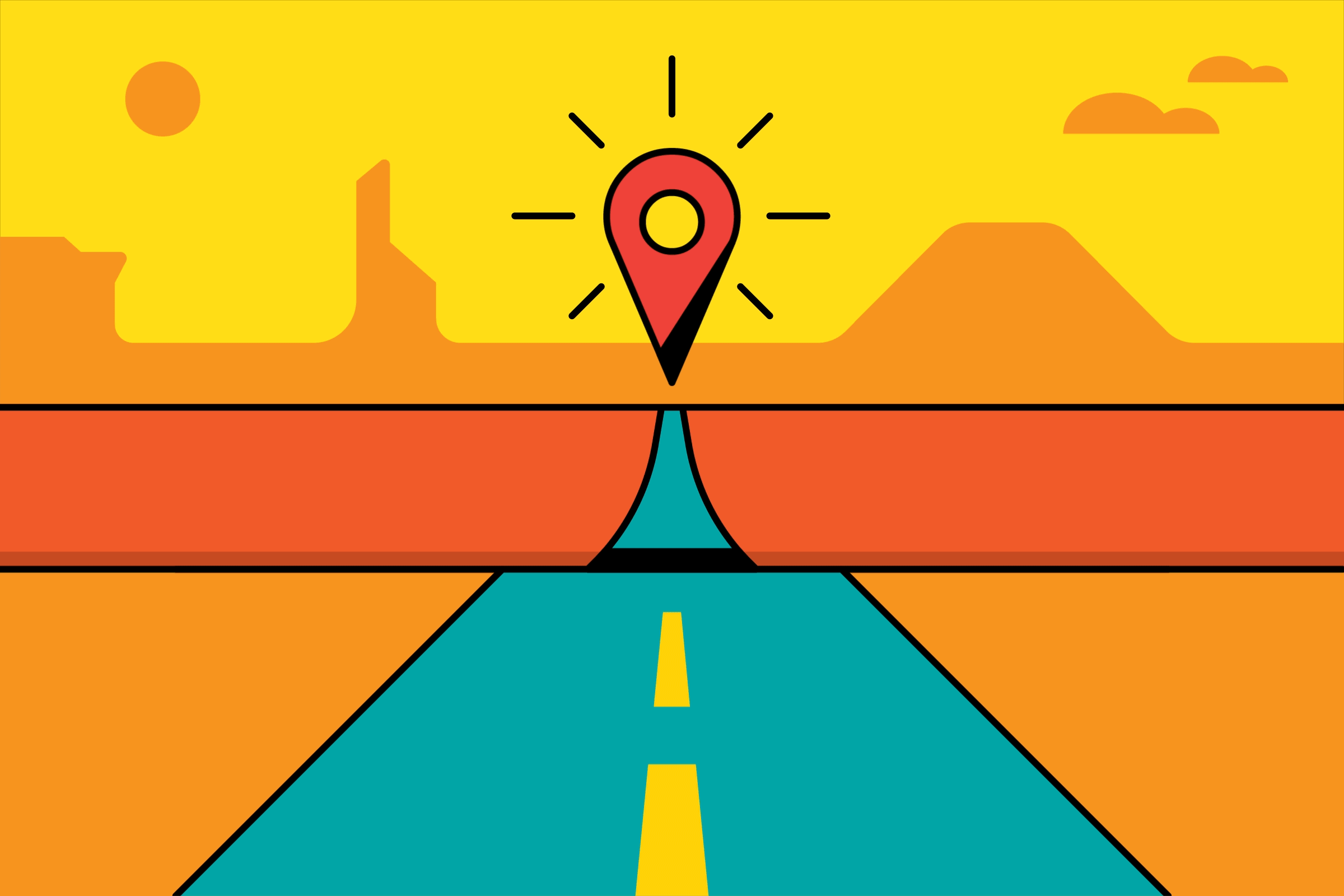Surveys Check Where You Go, What You Think
During your last stay at a hotel did you notice those “guest comment” cards? The ones with the cordial message from the hotel’s chairman of the board, encouraging you to tell him your thoughts about your stay.
Have you ever sent one in?
Have you ever deplaned from a flight to be greeted by someone handing out survey cards asking how you liked your flight? The food service? The on-time performance?
Ever fill one out?
In the increasingly competitive travel business, most major as well as many smaller companies are engaged in a race to find out as much about you as they possibly can. In the past, surveys and data were collected in an effort to judge a company’s performance.
“But it was a one-dimensional effort,” one hotel president said. “Today we want to know much, much more about who travels, what they want and why they want it. The information we fight to get is the information that will help us to anticipate your needs, your choices and, sometimes, even your fantasies.”
Every year, in an attempt to track and then forecast travel patterns, dozens of travel surveys are taken, the subjects ranging from travelers’ favorite hotel soaps to what movies are most popular on airplanes, to whether or not gourmet restaurants will work at airports.
Travel Projections
Finally there are the projections of how many Americans will travel in 1988, how far they will travel, and how many foreigners will visit the United States.
The projections are then studied by market analysts, psychologists, interior designers and purchasing departments to try to arrive at an attractive “travel product” that will appeal to a cross section of the market.
The U.S. Travel Data Center in Washington, D.C., reports that the number of business trips totaling more than 200 miles has increased an impressive 34% since 1980.
An estimated 28.9 million foreign visitors entered the United States last year. (The biggest increase was registered by the Japanese. In 1985, 1.7 million Japanese visited the United States. Last year, 2.1 million Japanese traveled here.)
Hyatt reports that Americans spent about $180 billion on vacations last year. Two-thirds of the U.S. population took a pleasure trip in 1987.
A Marriott survey shows that the traditional two-week vacation is fast becoming a thing of the past--73% of all pleasure trips taken during the last three years were for three days or less, with nearly 60% of them taken on weekends.
And a study commissioned by Holiday Inn concluded that the typical American wants to visit Hawaii, London and Paris. Respondents 55 and older ranked the completion of the interstate highway system as the major force in changing travel habits.
But the most interesting result of the Holiday Inn survey is the growing prevalence of two-career households, and how working couples take shorter vacations due to scheduling difficulties.
Some hotels ask specific questions on their guest comment cards. The Residence Inn chain is one of them. The company asks guests whether service was “perfect” or “not perfect” in nine categories.
The Pickett Hotel company also asks specific questions. As a result of the answers, Pickett has streamlined guest wake-up calls, installed coffee makers in guest rooms and delivers newspapers to guests within 15 minutes of the wake-up call.
Surprises From Cruisers
The cruise business discovered, to its surprise (and mine) that no less than 46% of all cruise passengers are under age 45, and the strongest interest in taking a cruise is expressed by those 25 to 39.
An American Express survey found that 72.5% of queried travel agents ranked Florida as the No. 1 family destination. And vacation preferences differ among single men and women: Single men like the all-inclusive resort; single women choose cruises.
Last year a survey conducted by Michigan State University of 1,854 frequent traveler households recorded amenity preferences at hotels. People who stay at economy hotels expect only soap, shampoo and a shower cap.
Luxury hotel travelers, however, also expect hand and body lotion, hair conditioner, a sewing kit, bath gel, shoehorn, mouthwash, hair dryer, toothpaste, comb, toothbrush, hair spray and suntan lotion.
The survey also showed that only 8% of the economy travelers expected a daily newspaper, but that ould read one if provided. Hotel fitness centers are expected by 8 out of 10 luxury hotel guests bt used by fewer than 4 out of 10. And room service is used by more than half of all travelers in mid-priced and luxury hotels, and by about 40% staying in economy hotels.
How is all this data interpreted? In many ways. For example, psychologists study how income and aggression determine travel choices, and how much independence and curiosity influence travel choices.
The data allowravel businesses to adjust, or in some cases, eliminate services and products deemed unpopular.
Many hotels have discovered that one of the least-used amenity items is the small shoehorn. In many cases they have been eliminated. When Marriott realized that shorter vacations were becoming more popular, they began marketing upscale weekend resort vacations.
Cold or Hot Meals
Some airlines have switched to cold food on some routes, where the perception of the length and time of flights would not result in angering passengers with sandwiches. On other routes, where passengers expect hot meals, they’ve stayed.
Occasionally the surveys provide data that can be misinterpreted. When one airline survey indicated that its passengers wanted more healthy food on their flights, the airline tried to eliminate the serving of large ice cream sundaes to its first-class passengers on transcontinental flights.
It quickly discovered that while passengers did, in fact, want healthier food on their flights, they weren’t referring to dessert. The sundaes were brought back.
Increasingly, the travel industry isn’t content to wait for delivery of the mail. More and more, it wants immediate information about you. And is getting it. Virtually every time you buy an airline ticket, rent a car, stay at a hotel or board a cruise ship you become an important--and instant--travel statistic available for analysis.
And somewhere, at any given time, at least one computer is tracking your travel choices.
For example, airline and hotel frequent flier/guest programs do more than issue award certificates. They record your route/destination preferences, choice of class/room, preferred time/season of travel, method of payment, how much you pay and, of course, how often you travel.
It gets even more specific than how many airline passengers order special meals, how many hotel guests order room service, or how many rental customers return their cars with a full tank of gas. Information is classified along with categories of income, geographic location, sex and profession.
Finally, and in the search for the most immediate customer feedback, British Airways has taken the guest comment cards a big step beyond. Last year, at its Terminal 4 at Heathrow Airport in London, the airline installed a special booth where passengers can walk in, activate a video camera and make whatever comments they want about their flight.
Good Communication
“It’s been very successful,” says Sir Colin Marshall, chief executive of British Airways, “because it allows the passengers to communicate with us. Besides, not every passenger is a good letter writer, nor do many of them have the time to sit down and write and tell us what happened to them, either good or bad, on one of our flights.”
Well, it sounds like a pretty good idea. But I have one question: When was the last time you had a lot of extra time to spend at an airline terminal? If passengers do have the time to visit the video comment booth, does that mean their flight is leaving on time?
Sign up for The Wild
We’ll help you find the best places to hike, bike and run, as well as the perfect silent spots for meditation and yoga.
You may occasionally receive promotional content from the Los Angeles Times.



